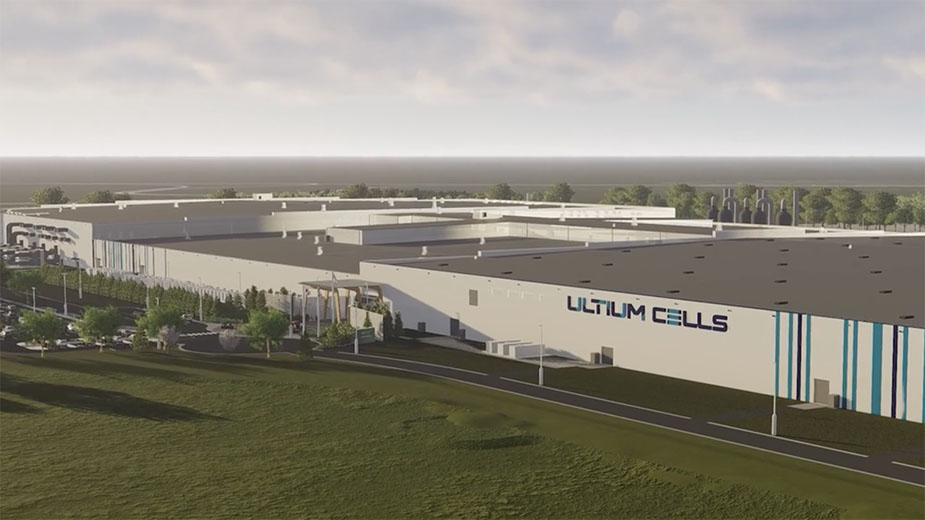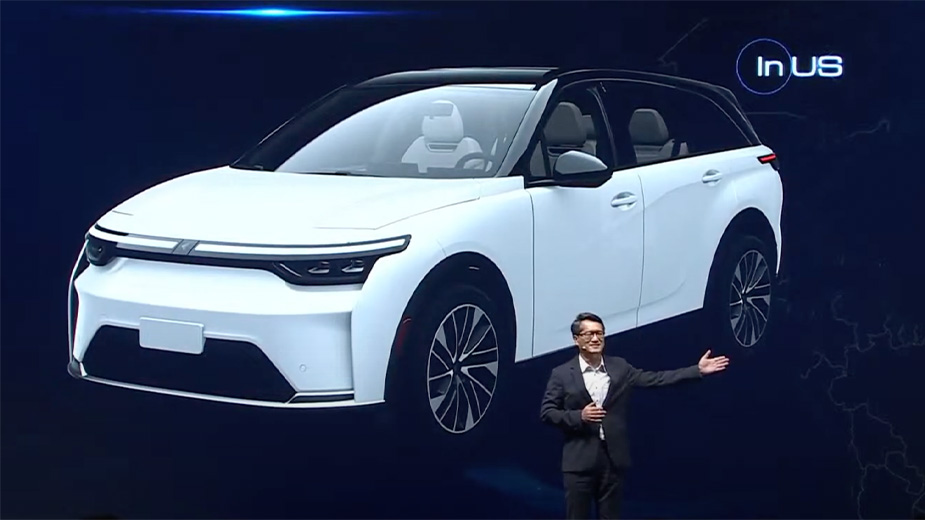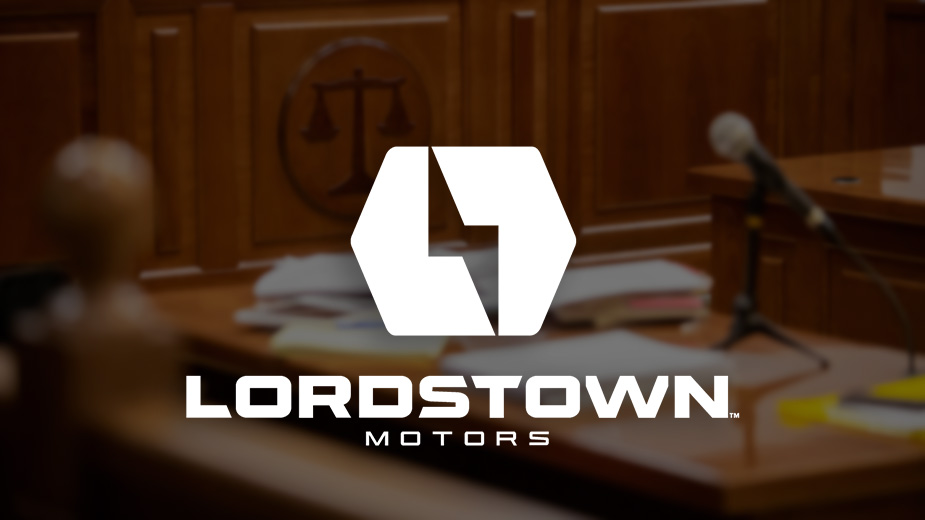Ultium Cells Receives $2.5B Department of Energy Loan Commitment
WASHINGTON — The U.S. Department of Energy’s Loan Programs Office announced today a conditional commitment to Ultium Cells LLC for a $2.5 billion loan to help finance the construction of new lithium-ion battery-cell manufacturing facilities in Ohio, Tennessee, and Michigan.
Production at Ultium’s $2.3 billion manufacturing plant in Lordstown is scheduled to begin in less than three weeks, The Business Journal confirmed Monday. Capacity will ramp up as demand for electric vehicles increases.
Ultium, a joint venture between General Motors Co. and Korea-based LG Energy Solution, is also building a second plant in Spring Hill, Tenn. and plans to construct a third factory in Lansing, Mich.
Once full capacity is reached, the three facilities are expected to create 6,000 good-paying construction jobs and 5,100 operations jobs, according to Jigar Shah, director of the Loan Programs Office, who posted the announcement on DOE’s website Monday.
A fourth plant is also planned, but a site has not been publicly identified.
The loan is part of the Department of Energy’s Advanced Technology Vehicles Manufacturing, or ATVM, program, Shah said in his post. The program supports the domestic manufacturing of light-duty vehicles, qualifying components, and materials that improve fuel economy.
This would be the Loan Programs Office first loan for a battery-cell manufacturing project under ATVM, the director noted.
While this conditional commitment demonstrates the Department’s intent to finance the project, several steps remain, and certain conditions must be satisfied before the Department issues a final loan, Shah said.
Financing from the ATVM program complements the investments secured by the Biden administration in the bipartisan infrastructure law – $7.5 billion for EV charging infrastructure and more than $7 billion for the critical minerals supply chains necessary for batteries, components, materials, and recycling.
Ultium manufacturers large format, pouch-type cells that use nickel-cobalt-manganese-aluminum-chemistry to deliver more range at less cost. The cells can be arranged in different combinations of flexible modules and battery packs to provide the energy for every segment on the road today, from performance vehicles to work trucks.
By manufacturing lithium-ion battery cells for EV battery packs in the United States, Ultium Cells will supply GM as it works to eliminate 100% of tailpipe emissions from its new light-duty vehicles by 2035.
To support the goal of a zero-emissions future, GM plans to install capacity to build one million EVs in North America by the end of 2025. Construction of the three Ultium Cells manufacturing plants also supports GM’s plan to make its global products and operations carbon neutral by 2040.
The Loan Programs Office supports the National Blueprint for Lithium Batteries, which offers a vision for the United States and its partners to establish a secure battery materials and technology supply chain that supports long-term economic competitiveness in America and enables equitable job creation and de-carbonization.
Published by The Business Journal, Youngstown, Ohio.



